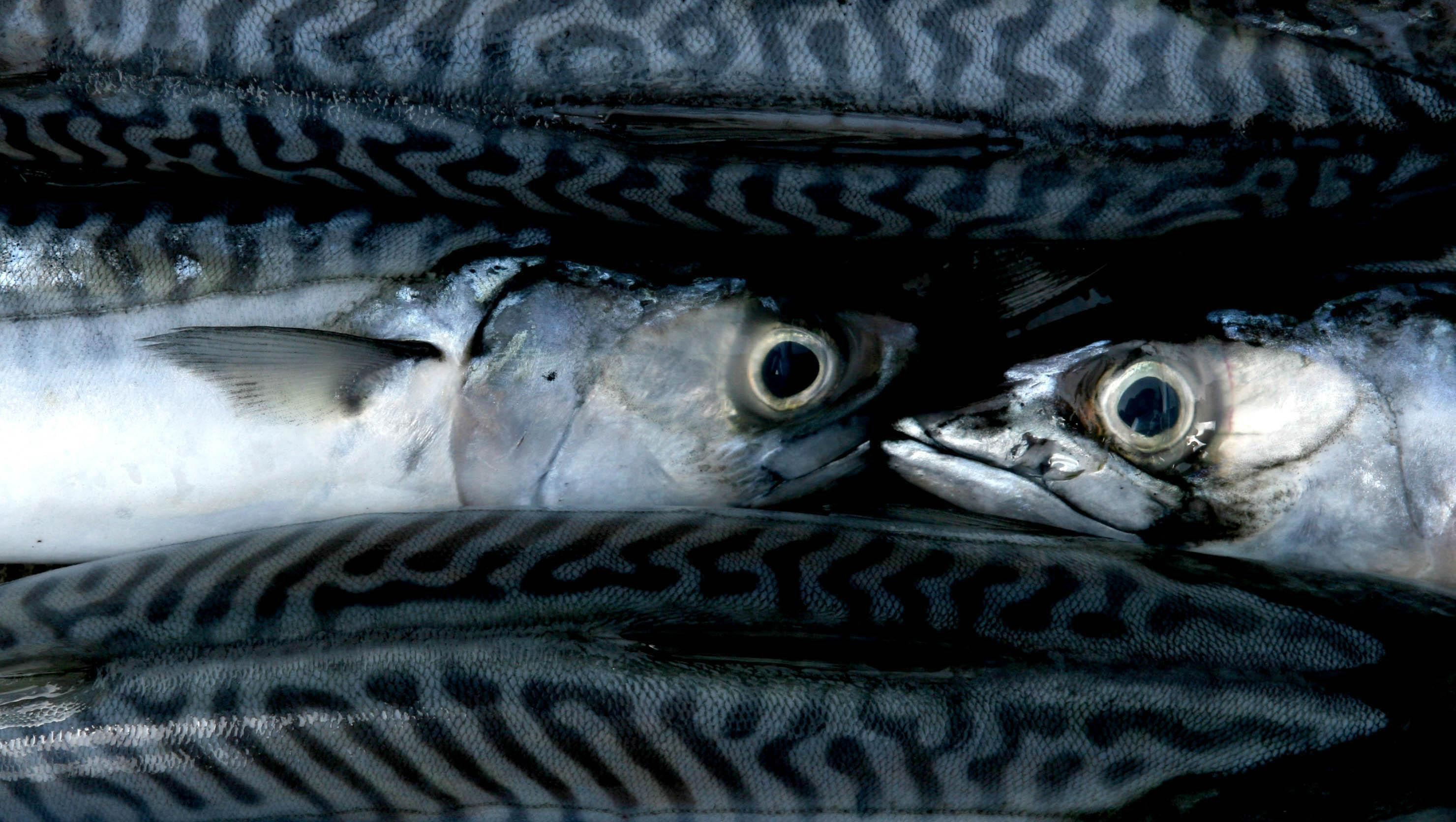Oily fish ‘may help prevent stroke’
Eating two portions of oily fish a week could help ward off a stroke, research suggests.
Scientists have found that eating two helpings of oily fish – such as salmon, trout or mackerel – every week could moderately reduce risk of a stroke.
However, fish oil supplements do not have the same beneficial effect as oily fish such as kippers, sardines, fresh tuna or whitebait, the study found.
An international team of researchers, including Cambridge-based academic Dr Rajiv Chowdhury, examined the association between oily fish, which are a good source of Omega 3 fatty acids, and the risk of strokes or mini-strokes.
They looked at 38 studies involving almost 800,000 people across 15 countries, and examined participants’ fish and long chain omega 3 fatty acid consumption. During the studies, a total of 34,817 strokes and mini-strokes were recorded.
After adjusting for several risk factors, participants eating two to four servings a week had a 6% lower risk of stroke compared with those who consumed one portion or less every week, the study found.
Fish oil supplements were not significantly associated with a similar reduced risk, according to the paper published on bmj.com.
Eating oily fish has already been linked to other health benefits such as reducing the risk of heart disease.
The Food Standards Agency recommends that everyone should eat at least two 140g portions of fish a week, including one portion of oily fish.
“From past research we know that eating plenty of fish is good for our general health,” said Dr Peter Coleman, deputy director of research at the Stroke Association.
Latest posts by Sally - Silversurfer's Editor (see all)
- Freezing this Christmas, a charity single could hit the number one spot - December 20, 2024
- Theatre tickets from £10 for 50+ London shows with See It Live in 2025 - December 19, 2024
- Should Waspi women be entitled to compensation? - December 17, 2024
- What was your favourite childhood toy? - December 17, 2024
- It’s never too late to play bridge - December 15, 2024




















